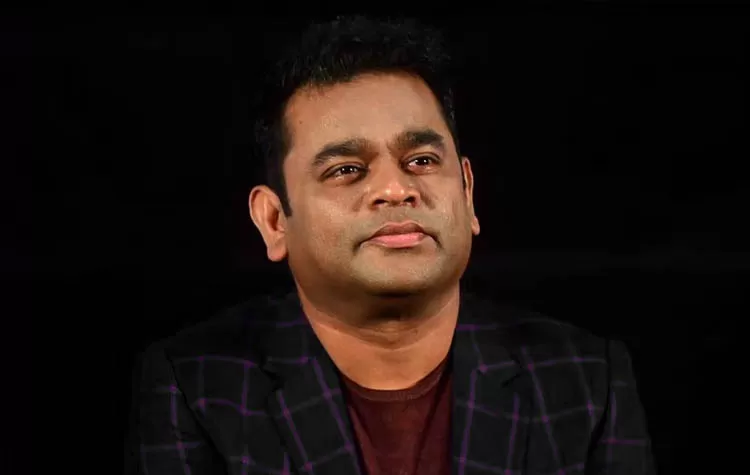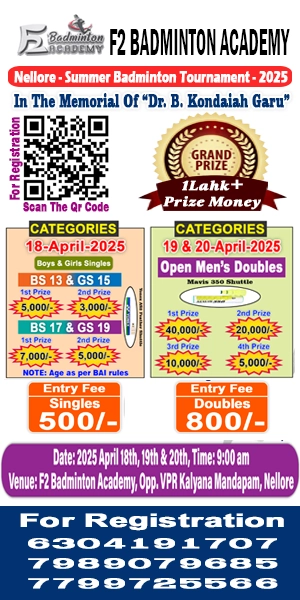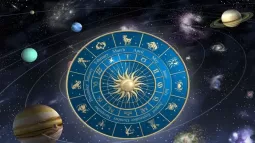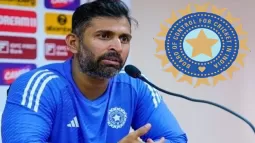
At a juncture where artificial intelligence is quickly making entry into the creative sector, AR Rahman, who is an Oscar-winning music composer, has strongly criticized the misuse of AI for music composition. In a recent interview, Rahman highlighted the rising trend of taking the help of AI-generated voices to mimic such great singers as have passed away. While he acknowledged the possible uses of AI, he urged caution against misusing it for diluting creativity and ethical ways in the music industry.
Rahman's words strike truer wider industry arguments around embracing, governing, or curtailing AI within creative industries. As one of India's most influential music composers, his voice will be listened to in today's debate about innovation versus integrity.
AR Rahman Calls for Prudence as AI Makes Inroads into Music Field
Speaking in a recent interview, AR Rahman highlighted the dual nature of artificial intelligence—its potential to spark creativity and the possibility of misrepresentation. He said that music created by artificial intelligence and typically made possible by the voices of deceased musicians are becoming the new norm. In Rahman's view, it raises complex questions about consent, copyright, and emotional implications for the families of deceased artists.
Rahman highlighted the importance of appropriate rules and accountability in applying AI to music. "Technology is strong, but it should lead to ethical creativity and not replace it," he asserted. The composer cautioned against misuse of AI, risking staining the reputation of master artists since their voice imagery is being replicated without such control or quality check.
AI-Generated Voices Raise Questions on Artistic Authenticity
The singer went on to complain about production of substandard music by best artists through use of AI imitation. He highlighted that most of these songs are deceptive and devalue musical legacy of original artists. "There are some songs out there which people feel were sung by legendary artists but they are not. It is scary," he stated.
But though he felt apprehensive, Rahman did confirm that AI can certainly be employed under ethical usage. He offered as an example himself that he himself utilized it recently in the movie Lal Salaam in 2023, by copying voices of deceased artist Shahul Hameed and Bamba Bakya. Notably, he ensured that the whole project was done with the express permission of the family members of the two involved singers, in an ethical deployment of the technology. The function of consent and regulation in AI music making
Rahman's Lal Salaam case emphasizes the importance of being open and with the consent of families as one replicates the work of singers through AI. He demonstrated the feasibility of using technology for one to contribute to the creativity without crossing ethical boundaries by his collaboration with the families of the deceased vocalists. He was also quick to add, however, that such careful measures are not industry practice elsewhere.
He urged the industry to implement formal guidelines for AI-generated material, particularly the image of deceased artists. Without open regulatory policies, he warned, the misuse of AI will lead us to a place where ownership, authorship, and accountability in music become ever more confused. His appeal highlights the urgent necessity of industry-wide guidelines and legal certainty.
A Call for Industry-Wide Awareness and Ethical Standards
Rahman followed with his views as the worldwide entertainment industry wrestles with emerging technologies' issue of ethics. Although AI could be employed for automating the production, besides introducing new ways of creativity, their misuse kills the human soul that makes the music's personality. Rahman exhorted artists, producers, as well as technologists to coalesce in instituting strict protocol on the adoption of AI to be used while making music.
He concluded by remarking that every new technology should be approached carefully, particularly where there is cultural and emotional heritage involved. To Rahman, artistic integrity must continue to be of utmost importance while innovation projects future possibilities of music-making.













